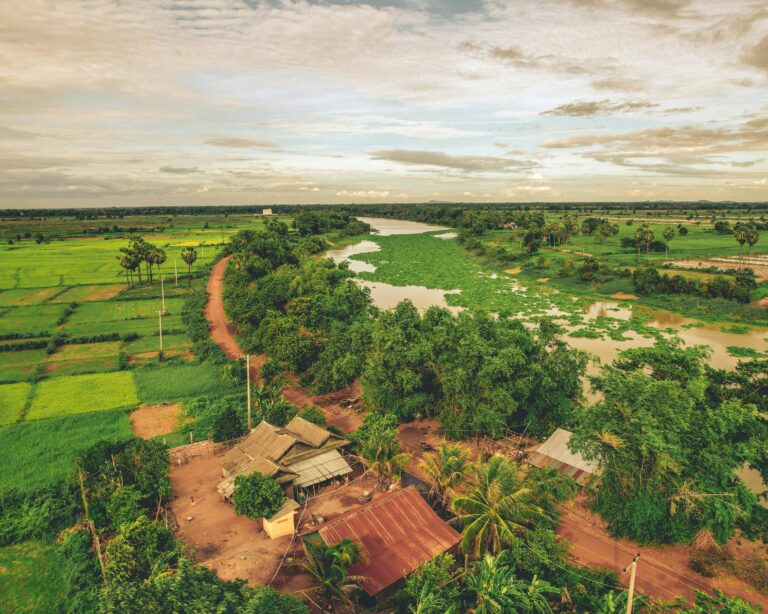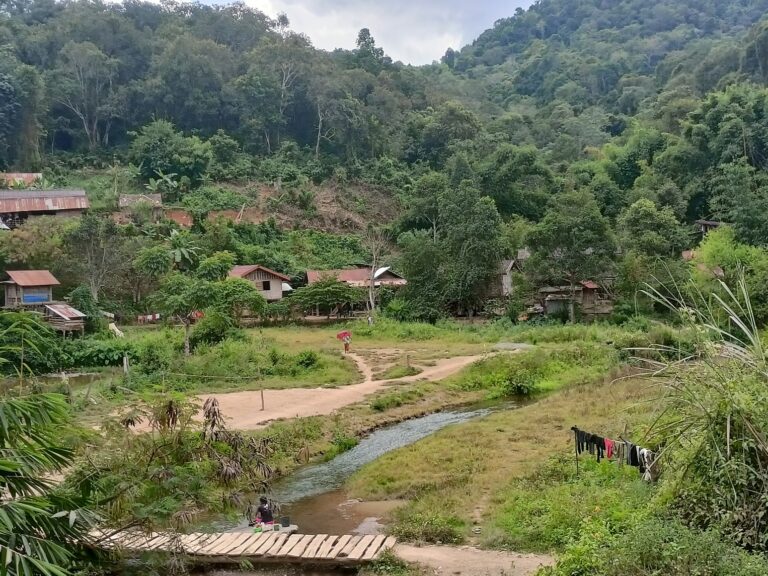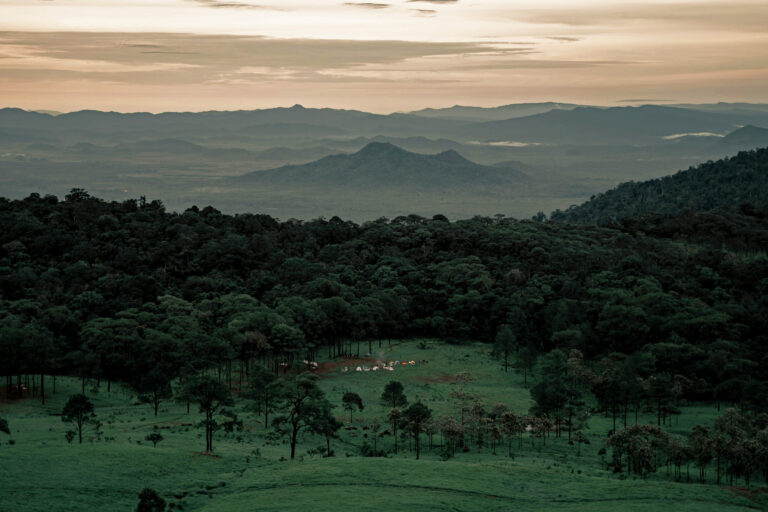Project Context
Turkmenistan’s agricultural sector plays a crucial role in the national economy, contributing 11.5% to GDP (2012–2020) and employing nearly 23% of the workforce in 2022. However, it is also a key driver of environmental degradation, accounting for 12.44% of national GHG emissions and causing land degradation and biodiversity loss. Inefficient irrigation, salinization, and overuse of the Amu Darya River have reduced the ecological function of agricultural landscapes and heightened climate vulnerability.
Despite these challenges, Turkmenistan’s 4.6 million hectares of agricultural land and ecosystems like tugai forests have strong potential for climate mitigation if sustainably managed.




